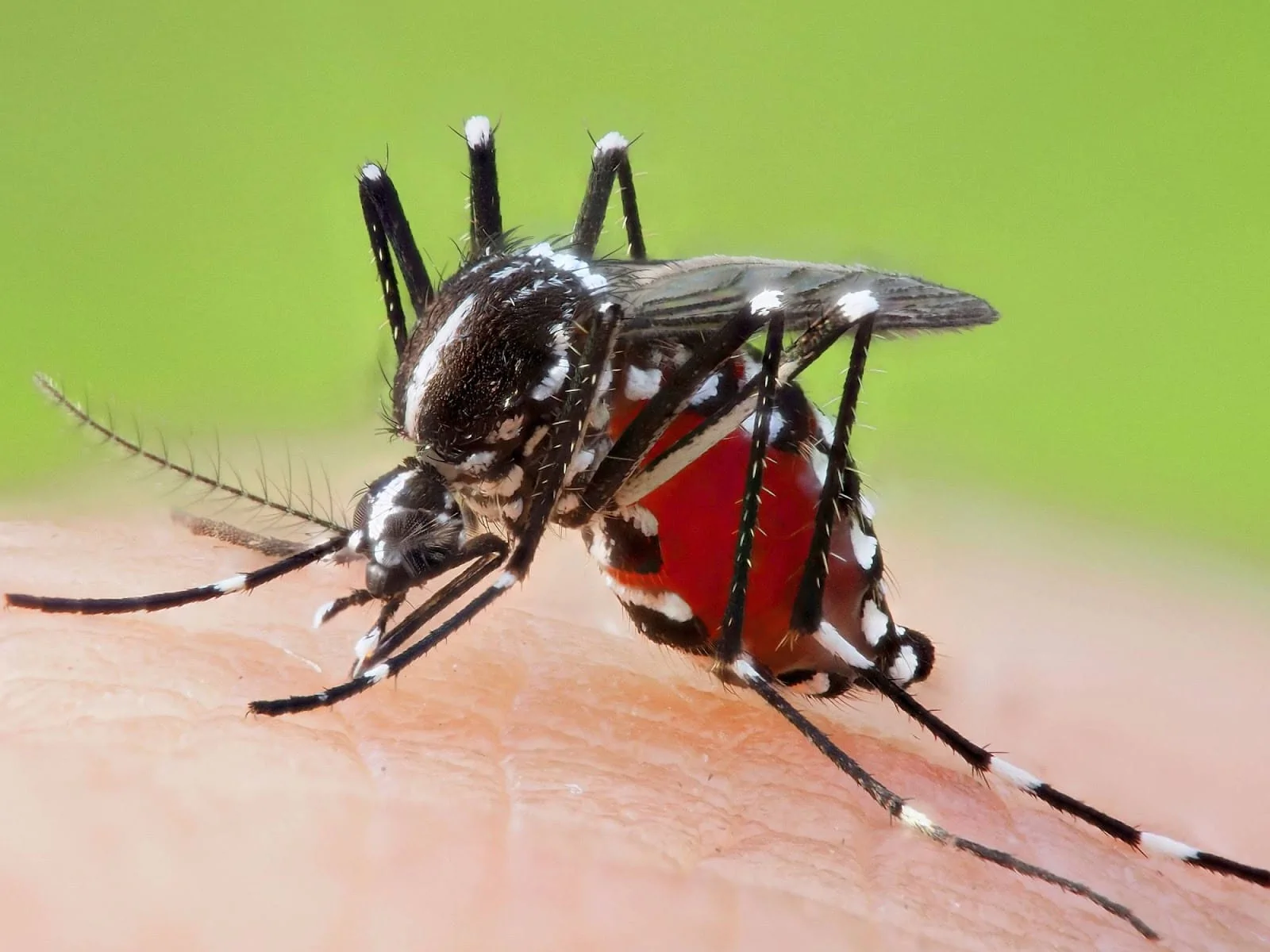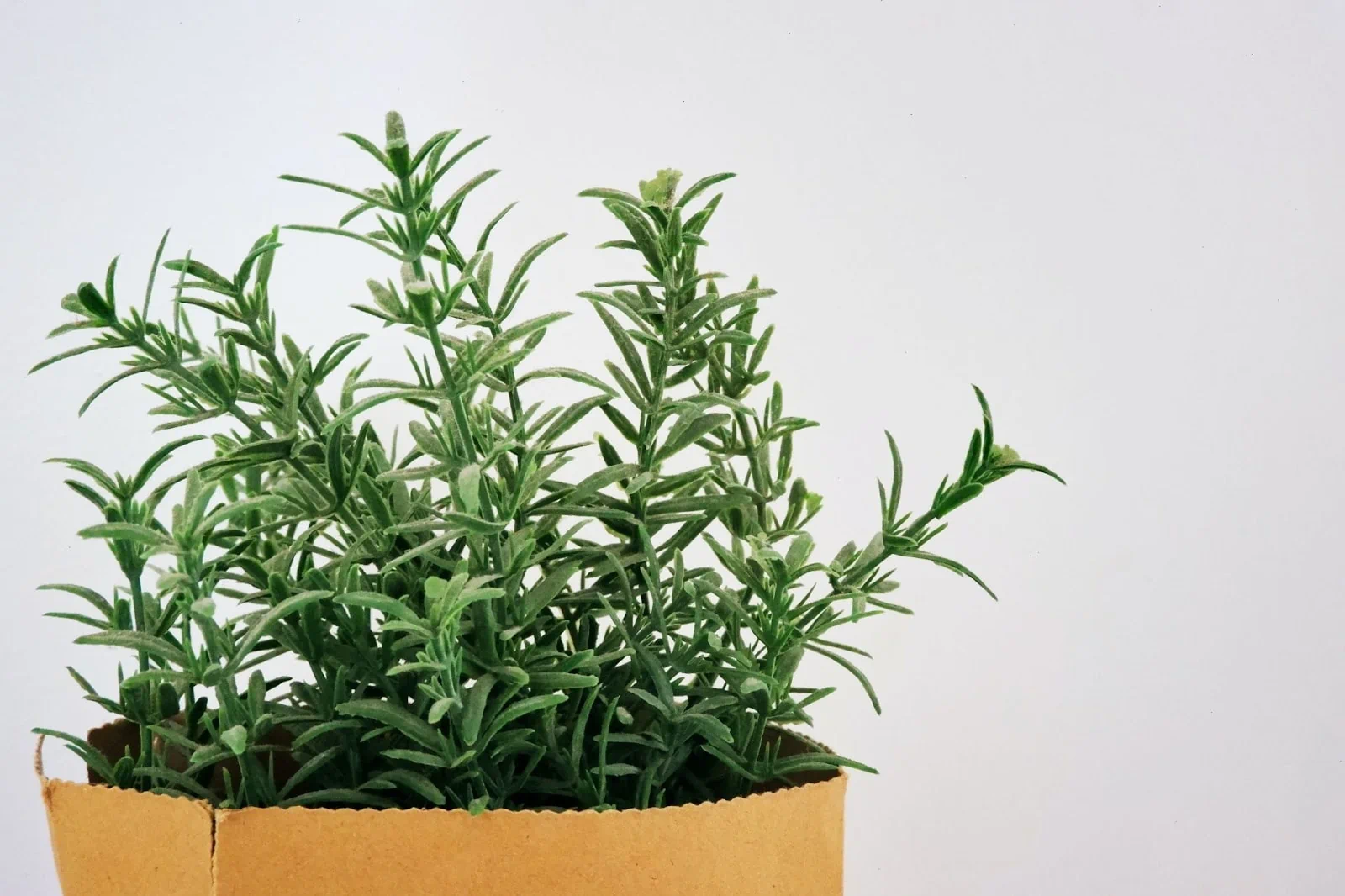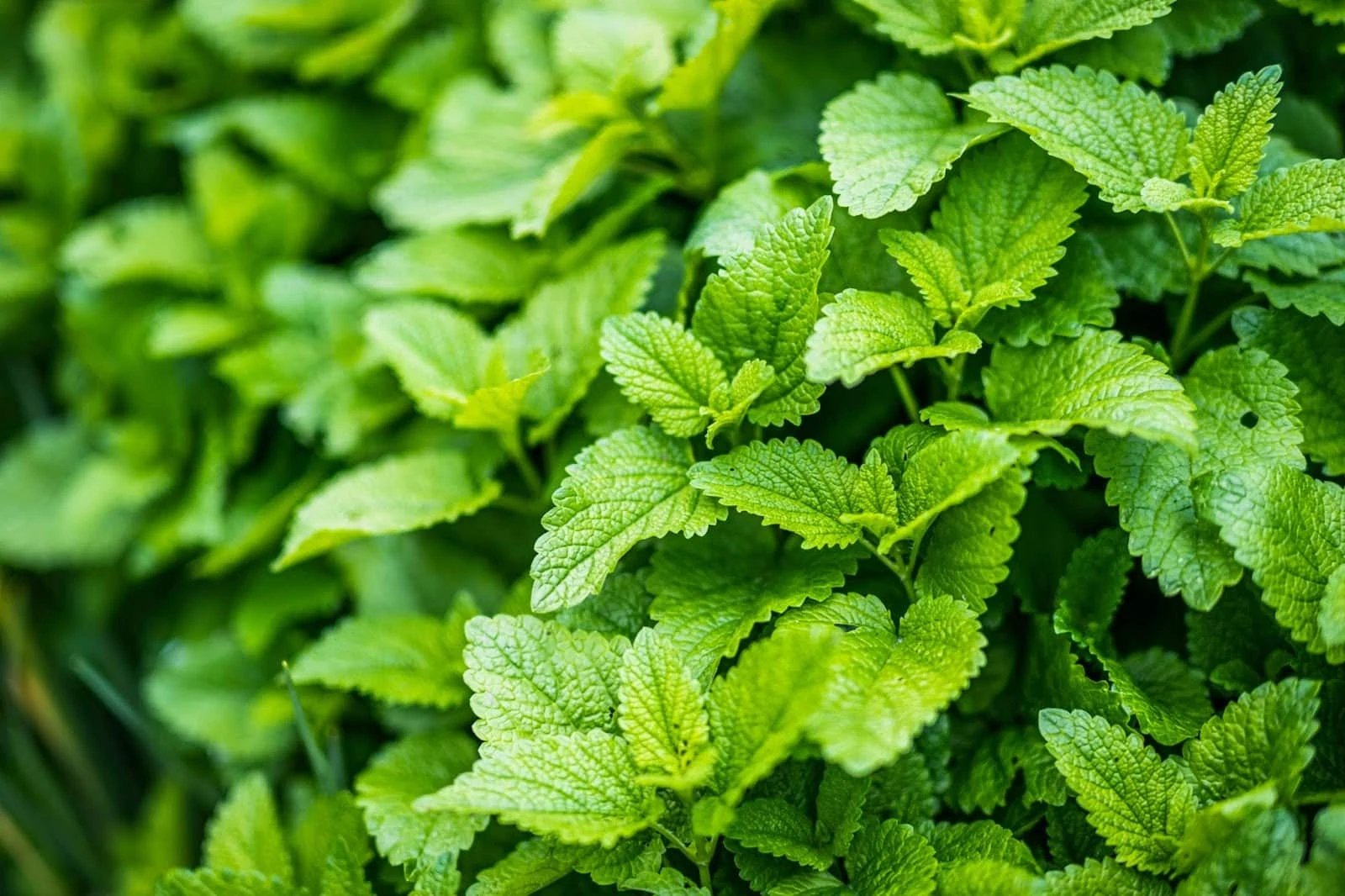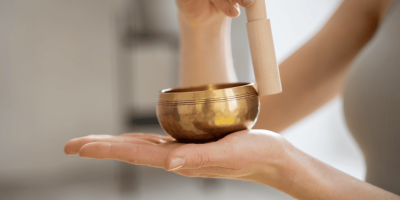Mosquitoes may have ecological benefits, but it sure doesn’t outweigh their harm. Source: Japantimes
- Cook up a storm with Lemongrass while vanquishing pests
- The woody smell emitted by the Rosemary acts as a repellent
- Lemon balm does more than keep mosquitoes away
- Surprisingly, Catnip works too!
Mosquitoes! They’re everywhere, making food out of us and creating ugly, eeky babies in any place that holds water. I am certain you are not the only one who has thought of removing them from your living space. But is the conventional approach really that effective?
Forget mosquito coils, sprayers or futuristic electric traps that go zap. Like my grandma used to say, “Natural remedies are best!” And I agree wholeheartedly with her. There are a variety of house plants we could actually use to repel these insect invaders, and they all have something in common. They smell, and boy do they smell good!
1/ Lemongrass
Tom Yam and mosquitoes, delight and dread. Source: Greatist
Personally, I find the smell of lemongrass very appetising, especially since it reminds me of the exquisite Tom Yam soup. However, mosquitoes particularly hate the citrusy note in the fragrance released by the lemongrass. Unsurprisingly, they won’t enter a space where lemongrass is present.
Besides its useful attribute, the lemongrass happens to be an extremely hardy plant, requiring little love and care. They grow well in pots or in your garden, thriving in rain or sun. The best thing is, you can even use the leaves to enhance your cooking. Win-win!
2/ Rosemary
The miniature size of the Rosemary bellies its many uses. Source: Unsplash
Unlike lemongrass, Rosemary relies on the woody smell it emits to keep the mosquitoes away. To top it off, the plant is easily grown inside the house. All you need is to provide it with adequate water and put it in a place that receives sufficient sunlight.
Here is your go-to potted plant if you live in the tropics, since they do well in hot and dry climates. Just a little joy I want to share with you. Not only does the Rosemary freshen up the air, they usually end up in my soup, salad and stew. Yum, yum.
3/ Lemon Balm
Now why would we call it the Lemon Balm when there is clearly no lemon coming out of it? Source: Unsplash
For me, I like to call this the In-Your-Face-Plant, and there are good reasons for this namesake. Also known as the Balm Mint, this herb exudes a very strong smell that few could ignore, especially the mosquitoes. But the repelling power of the Balm Mint is not reserved only for these vampiric flies.
It affects other insects too, making it a vital ingredient for your homemade bug spray. And that is not all. With the right technique, you can turn Lemon Balm into a cold syrup or a sleep time herbal syrup. Returning to the topic of care, Lemon Balm grows best on moist soil. Once established, the plant becomes tolerant to drought.
4/ Catnip
It’s surprising how a simple looking plant could induce such mania in felines. Source: scitechdaily
I am certain the Catnip, also known as Nepeta Cataria has a special place in the hearts of cat owners. I could never forget the look on my British Shorthair, Queen Elizabeth, as she rolled on the ground after pouncing on a bundle of dried out Catnip.
As we all know, in order for a plant to repel insects, it needs to exude a certain stench. And Catnip does just that, except that the chemical properties inherent within the smell also happen to affect cats. Not only do they make wonderful bug repellents in your house, but they are also widely used in herbal tea. Oh, and I forgot to mention. Your cats absolutely love them.
Keep those chemicals away from your home
The conventional approach in battling mosquitoes involves releasing a lot of chemicals into your living space, poisoning the air we breathe. Health effects of pesticides can cause both acute and chronic problems, such as skin and eye irritations, headaches, dizziness and nausea.
You really need to replace these harmful materials and start planting these anti-mosquito plants. As for me, I keep them in pots for easy management. They serve two wonderful purposes, protecting your house while at the same time, making it look beautiful and fresh. Now what could be better than that?













